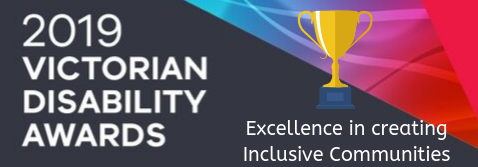
“I didn’t ask for support (in the meeting) but now it turns out I would have needed support – I can’t explain why I need support I just know that I do.”
Susan Arthur, Positive Powerful Parents Self Advocacy Group
Support: It’s a Matter of Access
People with an intellectual disability will often request access to a paid one-to-one support person of their choosing. The support worker is employed to work alongside the person. They provide support before, during and after the meeting. Support may cover the following areas:
- Access to information and notetaking.
- Knowledge development.
- Personal/emotional/moral support.
- Strategic advice when requested.
In the past, organisations have indicated they do not have the budget to pay for support workers even though they would never consider not paying for other access support such as interpreters. When this happens people with an intellectual disability have to resort to trying to find someone who will volunteer to take on the role.
The support worker’s role can be quite complex and involves providing information, advice and support without unduly influencing the person. In order to avoid potential conflicts of interest it is important that the support worker not be a member of the organisation undertaking the meetings or consultations.

“My support worker once said you don’t really need me at all in the meetings but I said just having someone supportive sit beside me gives me the confidence to speak up. I know you are there if I do need support.”
Colin Hiscoe, Reinforce Self Advocacy Group

“She writes down notes, we make a time later on and we go over what has been said. I think it [having a support worker] encourages you to have a say.” “She doesn’t put words in my mouth. It’s about time, commitment and putting things in communication I can understand”
Participation in Government Disability Advisory Bodies in Australia: An Intellectual Disability Perspective, 2008, Patsie Frawley
Tips for Inclusion Support Workers
Next Page: Removing Barriers – Mentoring
Chapter 4. Identify and Remove Barriers
Menu: Consumer Participation Kit



